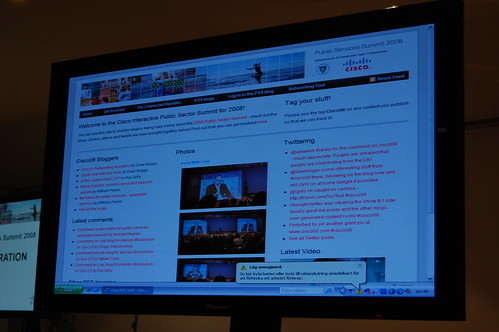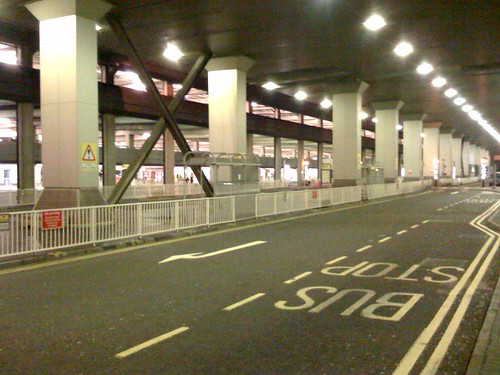More great stuff from David Wilcox musing on the experience of social reporting in Portugal. Whilst there, he was lucky enough to come across Etienne Wenger, a highly regarded thinker in the field of knowledge management and learning, who I first came across due to his promotion of communities of practice.
My conclusion, inspired by Etienne Wenger – above – is that social reporters can aspire to be “social artists” who help create social learning spaces where people can work together on social issues. It’s something anyone can do, with the right attitude and some skills, but I think social reporters should definitely make it a key part of their work.
It would appear that Etienne’s thinking is taking him away from clearly defined communities into a more informal arrangement of learning through sharing as part of wider networks: the ‘social learning spaces’.
This is fascinating stuff, and as I am currently putting together a programme of workshops to help civil servants understand what they need to do to engage with the social web, I wonder how these social learning spaces might be implemented as a part of that.
Here we are seeing different elements of the way the social web can be used – reporting at events, sharing knowledge across networks, collaborative learning, online storytelling, engagement activity between government citizens – merging together into one, like a big Venn diagram.
I think this makes all of us who use the social web on a regular basis networked learners. Every tweet, every Flickr photo, every online video, every shared link, every blog post adds to the sum of what we can know, and we have this knowledge served up, directly to us hundreds of times a day. We probably aren’t even aware that it is happening, but by a process of ambient osmosis, it is.
Of course, what is required with any of this is the willingness to collaborate and share, and the awareness of that fact that we all need to benefit from this networked learning. The technology is just an enabler. But who wouldn’t want to be involved with an initiative that has so much to offer?




